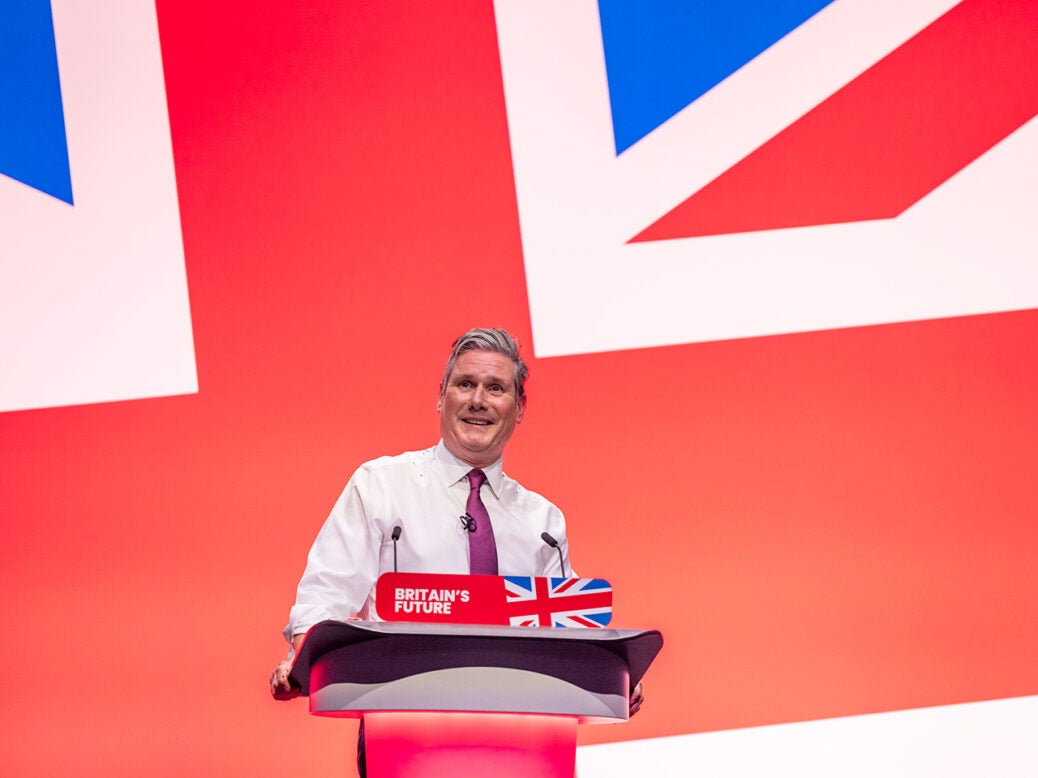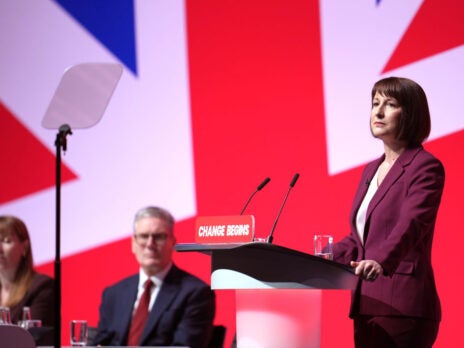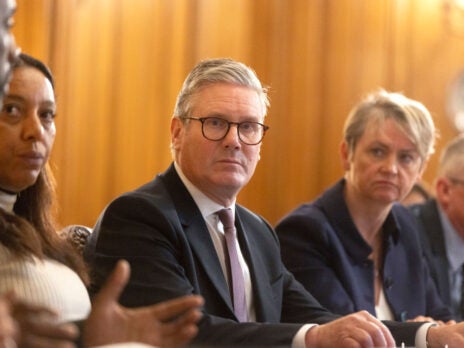
Labour conference has received positive write-ups. Though there were few new policies, there was an overwhelming sense of party unity in both the main hall and the oversubscribed fringe events. The burgeoning number of finance bros clinking glasses with party comrades suggested that those with money realise Labour is likely on its way to government. Consequently Liverpool was the place to be.
But has all this cut through? Are voters paying attention to Labour?
Subscribers of the New Statesman’s Morning Call newsletter will know that in yesterday’s edition (15 October) I wrote that it can take more than a week for the impact of a party conference to be felt in the polls, Labour’s included.
One problem for all pollsters is that their respondents can be too clued-up or, as I say, too logged-on. They are too aware of the news and too willing to give snap, unrepresentative responses (such as in the wake of a Budget). A more settled, more final opinion (often from voters initially unsure of their position) can be measured one to two weeks after the events in the question. It is that result that defines a party’s position in the polls.
The first and final impressions from voters of Conservative conference could be summarised as “meh” and “what conference?”. The event did little to change the public’s fundamental view: the government is tired and we want something new.
In the case of Labour, the headline polls have scarcely shifted. A few surveys show a marginal shift, with Labour’s lead up two points compared with those before the conference. But these shifts feel too small to be confident they are suggestive of a larger movement. The Britain Elects poll tracker that I will always defer to over any individual pollster, has the Labour lead at 17.3 points, down from 19 points a few weeks ago, but up from 16.8 points five days ago. On the voting intention front, it’s just noise.
[See also: Capitalism and culture wars won’t save Tories or Republicans]
But where there has been a shift is in more “under-the-bonnet” perceptions. Of the three metrics I use to gauge whether a party is on its way towards election victory – voting intention, economic trust and general likeability – Keir Starmer’s own ratings have been Labour’s weakest link. He leads Rishi Sunak, but not by as much as Labour leads the Tories. Last weekend Opinium found notably improved perceptions of competence both for Labour and for Starmer, as this chart shows.
The shifts illustrated above are sizeable. Before the Labour conference, more voters felt that the party did not have a clear sense of purpose. Now, more feel otherwise, likewise on competence, having a similar view to the respondent’s own, and, interestingly, “representing what most people think”.
We also see improvements in perceptions of Starmer. With Opinium, he now enjoys a net positive score with voters for the first time in seven months. With Deltapoll, the fieldwork for which concluded just as I was writing this piece, Starmer’s net approval rating is up from -8 at the end of September to +3 today. With Britain Elects, he’s enjoyed a net positive rating for some time but these figures, if sustained, will likely push that aggregate score higher.
But all this comes in the immediate wake of Labour’s conference. What will be more telling is whether these improved perceptions last when “normal news” returns. For now, Labour can at least be grateful that the response was positive – in marked contrast to the Conservatives.
[See also: The seven lessons of Labour conference]


